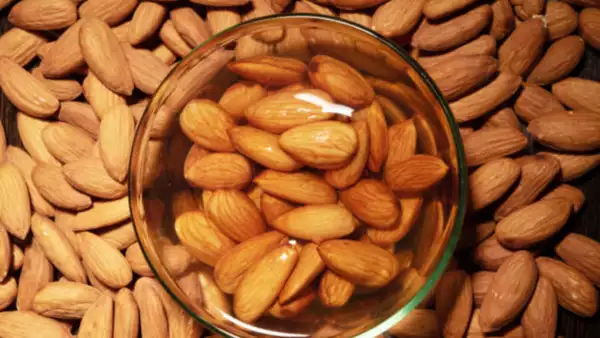For individuals prone to migraines, the rising temperatures and intense heat of summer can bring significant discomfort. Beyond just the soaring temperatures, excessive sweating and dehydration — both common in summer — can have a major impact on the brain, often leading to frequent migraine attacks.
During summer, excessive sweating is the body’s natural mechanism to regulate temperature. However, if the lost fluids aren’t replenished adequately, dehydration sets in. Dehydration can trigger migraines in two key ways:
- Reduced Blood Volume:
Dehydration causes a sudden drop in blood volume, which reduces the oxygen and nutrient supply to the brain. This can make the brain’s pain receptors more sensitive, setting off a migraine. - Electrolyte Imbalance:
Dehydration can disrupt the balance of crucial electrolytes like sodium and potassium, altering nerve signaling — another factor that can trigger migraines.
Additionally, migraine sufferers often experience photosensitivity (sensitivity to light). The harsh, glaring sunlight during peak summer can not only worsen migraine symptoms but also act as a direct trigger. Common symptoms include throbbing headaches, nausea, and visual disturbances.
How to Prevent Summer Migraines
While you can’t change the weather, you can take simple, practical steps to manage migraine triggers during summer:
- Stay Hydrated:
Drink at least 8–10 glasses of water daily. Carry a water bottle and sip small amounts regularly throughout the day to prevent dehydration. - Avoid Peak Sun Hours:
Stay indoors between 11 AM and 4 PM when the sun’s rays are strongest. If stepping out is necessary, wear wide-brimmed hats, UV-protection sunglasses, or use a sun umbrella to reduce light exposure. - Choose Hydrating Beverages:
Avoid caffeinated and sugary drinks, which can worsen dehydration. Instead, opt for coconut water, lemon water, or fresh fruit juices. - Identify and Avoid Triggers:
Maintain a migraine diary to track potential triggers and patterns. This can help you avoid specific situations or foods that worsen your migraines.
Takeaway
For migraine-prone individuals, hot summer days can indeed be challenging. However, with mindful habits — especially maintaining proper hydration and minimizing exposure to heat and harsh sunlight — it’s possible to manage migraine triggers and reduce the frequency and severity of attacks.
Read also: https://newsonthego.in/can-peanuts-help-treat-peanut-allergy-in-adults-heres-what-experts-say/




